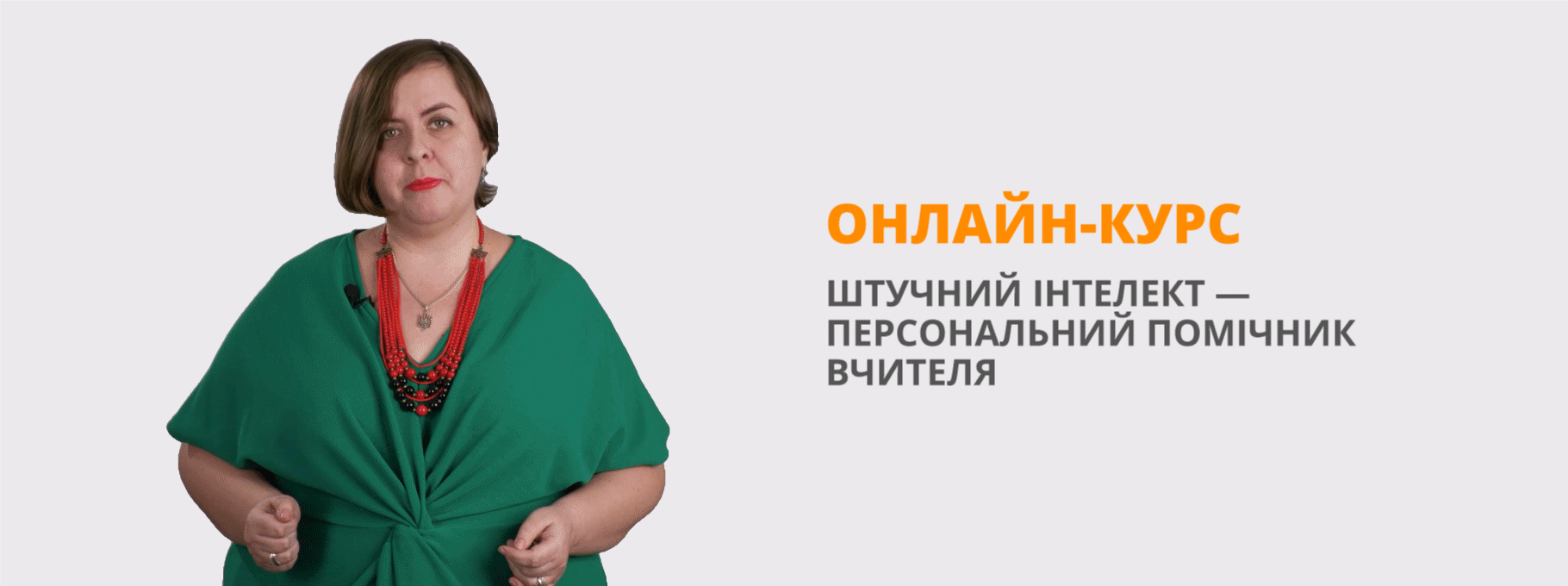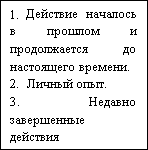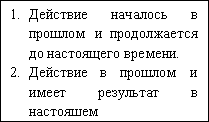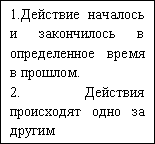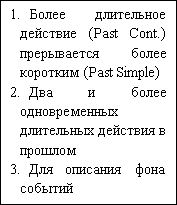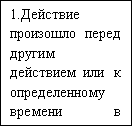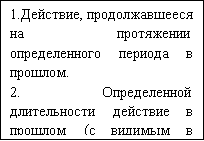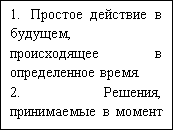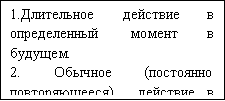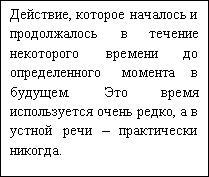Блок-схеми з граматики англійської мови
- LETTERS.docx docx
- The Passive.docx docx
- Writing Stories.docx docx
- Времена.docx docx
- Показати всі файли
![]()
![]()
![]()
![]()
![]()
![]()
![]()
![]()
![]()
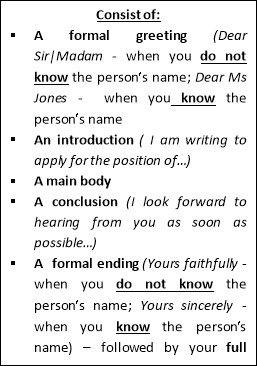
![]()
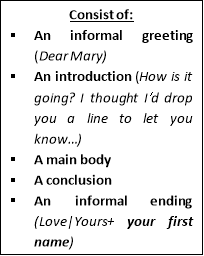
![]()
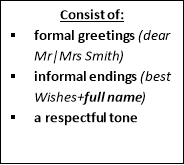

![]()
|
|
Present |
Past |
Future |
||
|
Simple |
is/am/are + Ved (V3) |
was/were + Ved (V3) |
will + be + Ved(V3) |
||
|
|
Letters are sent every day. |
Letters were sent yesterday.
|
Letters will be sent tomorrow.
|
||
|
Continuous |
is/am/are + being + Ved (V3) |
was/were + being + Ved (V3) |
————— |
||
|
|
Letters are being sent now.
|
Letters were being sent at 5 yesterday.
|
————— |
||
|
Perfect |
has/have + been + Ved (V3) |
had + been + Ved (V3) |
will + have/has+ been +Ved (V3) |
||
|
|
Letters have been already sent.
|
Letters had been sent before he phoned.
|
Letters will have been sent by 5 tomorrow.
|
||
|
|
|
|
|||
|
|
|
|
|
Present |
Past |
Future |
||
|
Simple |
is/am/are + Ved (V3) |
was/were + Ved (V3) |
will + be + Ved(V3) |
||
|
|
Letters are sent every day. |
Letters were sent yesterday. |
Letters will be sent tomorrow. |
||
|
Continuous |
is/am/are + being + Ved (V3) |
was/were + being + Ved (V3) |
————— |
||
|
|
Letters are being sent now. |
Letters were being sent at 5 yesterday. |
————— |
||
|
Perfect |
has/have + been + Ved (V3) |
had + been + Ved (V3) |
will + have/has+ been +Ved (V3) |
||
|
|
Letters have been already sent.
|
Letters had been sent before he phoned. |
Letters will have been sent by 5 tomorrow.
|
||
|
|
|
|
|||
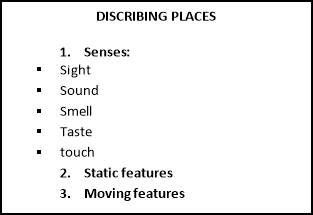

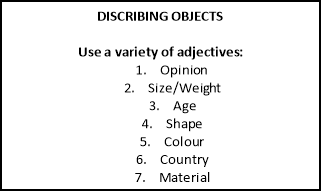


 WRITING STORIES
WRITING STORIES
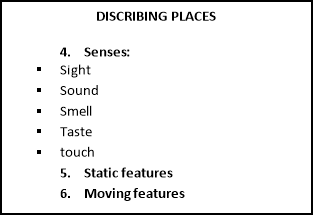
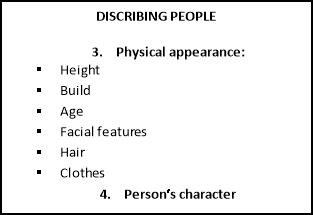
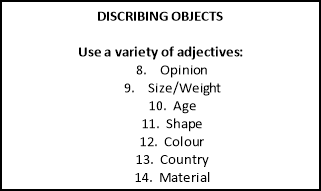


 WRITING STORIES
WRITING STORIES
|
THE TENSES (времена) |
Simple (Простое время) |
Сontinuous
|
Perfect (Совершенное. Результат) |
Perfect Сontinuous (Результат+процесс)
|
|
|
|
|
|
|
|
|
|
|
|
|
|
|
|
|
|
|
THE TENSES (времена) |
Simple (Простое время) |
Сontinuous (Длительное действие, процесс) |
Perfect (Совершенное. Результат) |
Perfect Сontinuous (Результат+процесс)
|
|
|
|
1. I have been writing letters for four hours.
|
|
|
|
|
|
|
|
|
|
|
CONDITIONALS
(условные придаточные)
|
Тип |
Формула |
Правило |
Пример |
|
Type 0 |
If/when+present simple + present simple |
Общеизвестные или научные факты |
|
|
Type 1 |
If+ present simple+future simple, can/ must/ may+infinitive |
Реальная или вполне вероятная ситуация в настоящем или будущем |
|
|
Type 2 |
If+past simple/ past continuous+would/could/might+present bare infinitive |
Нереальная или воображаемая ситуация в настоящем |
|
|
Type 3 |
If+past perfect/ past perfect continuous+ would/could/might+ perfect bare infinitive |
Воображаемая ситуация в прошлом |
|
CONDITIONALS
(условные придаточные)
|
Тип |
Формула |
Правило |
Пример |
|
Type 0 |
If/when+present simple + present simple |
Общеизвестные или научные факты |
|
|
Type 1 |
If+ present simple+future simple, can/ must/ may+infinitive |
Реальная или вполне вероятная ситуация в настоящем или будущем |
|
|
Type 2 |
If+past simple/ past continuous+would/could/might+present bare infinitive |
Нереальная или воображаемая ситуация в настоящем |
|
|
Type 3 |
If+past perfect/ past perfect continuous+ would/could/might+ perfect bare infinitive |
Воображаемая ситуация в прошлом |
|
COMPARATIVES/SUPERLATIVES
COMPARATIVES (сравнительная степень) – сравниваем один предмет с другим:
SUPERLATIVES (превосходная) – сравниваем один предмет с более, чем одним предметом одной группы:
Образуются:
|
COMPARATIVES |
SUPERLATIVES |
|
-er Large- |
-est
|
|
Thin- |
|
|
Lively- |
|
|
-more Comfortable- |
-most |
|
Irregular forms:
|
|
COMPARATIVES/SUPERLATIVES
COMPARATIVES (сравнительная степень) – сравниваем один предмет с другим:
SUPERLATIVES (превосходная) – сравниваем один предмет с более, чем одним предметом одной группы:
Образуются:
|
COMPARATIVES |
SUPERLATIVES |
|
-er Large- |
-est
|
|
Thin- |
|
|
Lively- |
|
|
-more Comfortable- |
-most |
|
Irregular forms:
|
|
Sequence of Tenses
(согласование времен)
Таблица согласования времен в английском языке
|
|
Present Simple
|
Present Continuous
|
Рresent Perfect |
Раst Simple
|
Раst Continuous |
Future Simple
|
|
Время в косвенной речи |
Past Simple
|
Past Соntinuous |
Раst Pеrfect |
Рast Perfect/ Раst Simple
|
Раst Continuous/ Раst Pеrfect Соntinuous |
Conditional (would) |
|
|
|
|
|
|
|
|
|
|
|
|
|
|
|
|
![]() При временном сдвиге от Настоящего к Прошлому изменяется не только грамматическое время, но и наречия времени
При временном сдвиге от Настоящего к Прошлому изменяется не только грамматическое время, но и наречия времени
|
Настоящее время (прямая речь) |
Прошедшее время (косвенная речь) |
|
Yesterday |
The day before/the previous day |
|
Today |
That day |
|
Tomorrow |
The following (next) day/a day later |
|
The day before yesterday (позавчера) |
Two days before |
|
The day after tomorrow (послезавтра) |
Two days later |
|
Last week |
The week before |
|
Now |
Then |
|
Next week |
The week after/the following week/a week later |
|
Ago |
Before |
|
This/these |
That\those |
|
Here |
There |
Примечание
- Если в придаточном предложении речь идет о каком-то факте, законе, который действителен и в настоящий момент, то глагол смены времен не происходит.
|
Прямая речь |
Косвенная речь
|
|
He said, "I know it." |
|
|
"I am working," she said |
|
|
He said, "I have translated the text." |
|
|
He said, "I get up at eight o'clock." |
|
|
He said, "I have been waiting for you since five o'clock." |
|
|
He said, "I will go there. |
|
|
"I’ll go there tomorrow," he said. |
|
|
He said, "They were here yesterday." |
|
|
He said, "I shall write the letter tomorrow." |
|
|
He said, "I can't translate this article." |
|
 WRITING: ARGUMENTATIVE 2
WRITING: ARGUMENTATIVE 2
![]()
![]()

![]()

![]()



![]()
![]()

![]()
![]()
![]()
![]()








![]()
![]()

![]()
![]()
![]()
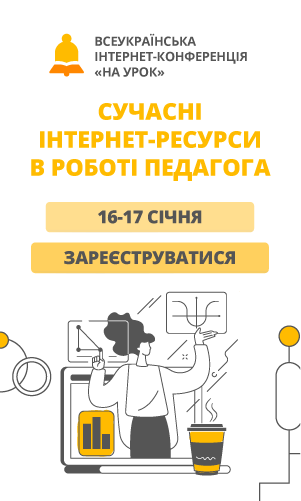

про публікацію авторської розробки
Додати розробку
